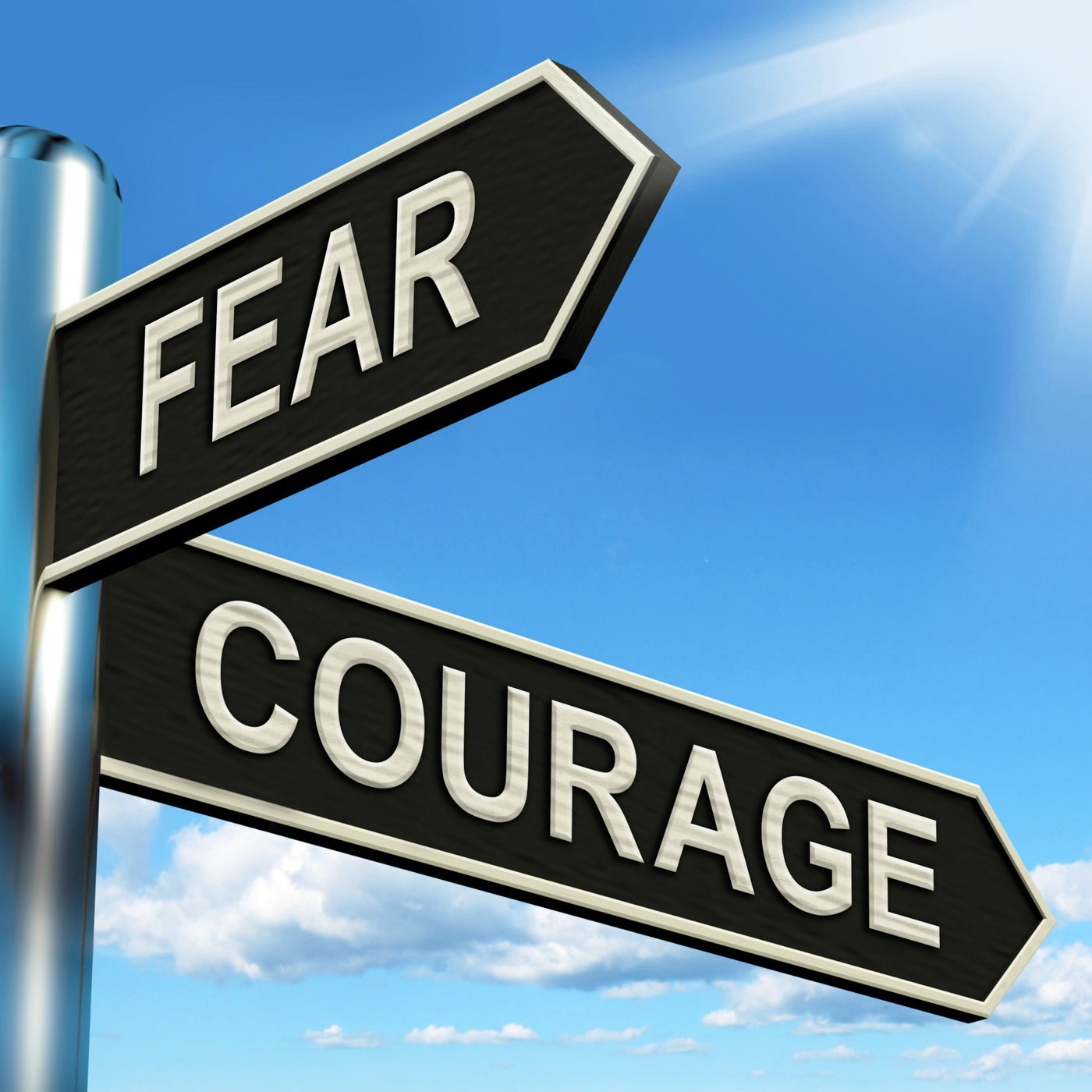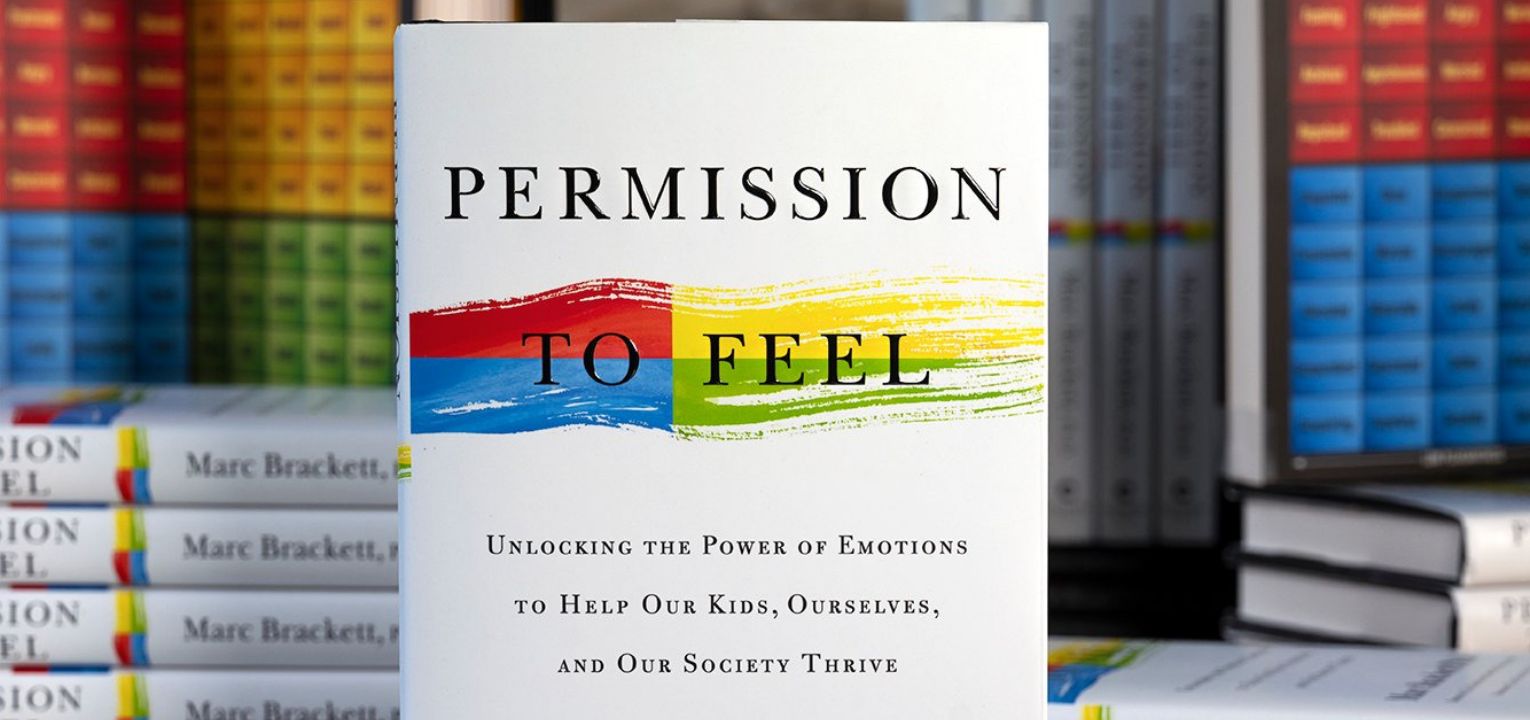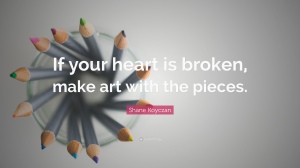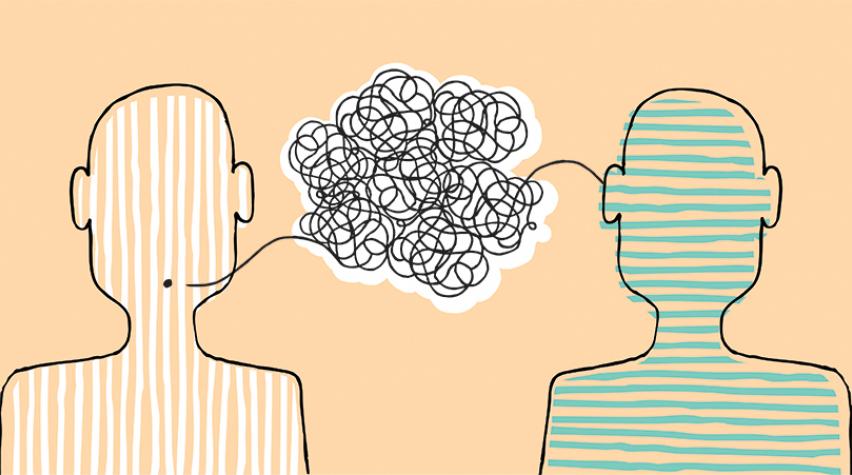Talking about our “highest” self isn’t a discussion brought up too often — unless we’re in a dispensary…
buh-dum-tsss.

So who is our “Highest Self?” What does it mean?
Our highest self is our deepest intuition. It’s the part of us that works from insight, excites inspiration, and guides us with intention — so long as we choose to listen and remain in connection with it.
Other terms for it are our “value-guided self,” our “wisest self,” our “inner self,” and even “our gut instinct” — and I will be exchanging these terms as I continue this post so do not be confused; they all refer to the same deeper part of our conscious.
In any case, the name is meant to emphasize that our thoughts and consciousness run deeper than what is presented on the surface. That’s because we don’t see someone’s deepest or wisest self through their race, ethnicity, status, or trendy, flashy things. We only see it based on the example they set and how they treat both others and themselves. Our highest self is our own individual guiding principle that leads us toward what we value most, and that’s cultivated through lots of self-reflection and action.
With the amount of distractions, temptations, and loud noise we experience on a daily basis from family, friends, professors, media, society, cultural beliefs, religious values, and even our own combative thoughts, it requires quite some energy to deflect all the clamor and dig deeper into what we believe, what change we want to see in the world, and what it will take from us to go after, or become, that.
Building A Connection with Your Highest Self
Introspection is built just like a muscle. The more we use it, the stronger it gets.
We have to remind ourselves to be still, to listen, and to practice blocking out the distractions when we are listening to our value-guided self. Some examples of what this may look like are:
- following through with what you said you’d do for someone — even when it turns out to be an inconvenience
- following through with what you said you’d do for yourself — even when it turns out to be an inconvenience
- not playing by dating game rules everyone seems to encourage because you know deep down you’d rather find a love more mature and genuine than that
- telling your boss you’re too swamped on other projects to take on a new one (#boundaries)
- granting yourself a weekend of space and the true rest and recovery you need instead of going out with friends or filling your schedule with things you feel you “have” to do
- scheduling a time away from work, school, or other obligations just to go out with friends and have fun
- partaking in the activities you love to do, or want to try, regardless if you’re good at them or not
- fighting and being an advocate for movements you’re passionate about
- standing up for what you believe in, for yourself, and for others in the face of affliction
The more we listen to our value-guided / highest- / wisest- self and go forth with intention, we’ll notice the reward from our practice.
Just think back to the first time you started your current favorite hobby. Perhaps you felt uncoordinated, a little disjointed, and maybe even a little embarrassed about your ignorance around the activity. When I first started bodybuilding the exercise I loathed, but knew I needed to do, were pull-ups. I had to remind and push myself to do them at least every other day because as hard as they were, I knew I wanted to get better at them so they could strengthen my other lifts.
There were days I skipped them completely because I listened to the noise in my head saying they’re too hard…you’re tired today…you’re probably not even going to get 1½…just do them next time. However, the more I blocked out that noise, that is the more diligent I was with keeping up my practice, the stronger I felt myself becoming. Eventually, I felt that strength begin to seep into my other lifts; it improved my posture, and let’s be real, I felt like a bad ass. Eventually I came to love Back-and-Bis Day.

Watching how our confidence and self-trust evolves (through the act of making value-guided decisions and going after what we truly desire to see, and be, in this life) is a powerful feeling. Smaller acts of meditation, reflection, and action add up to bigger acts of kindness and confidence, and eventually we come to enjoy the process and develop a gratitude for the situations we’re put in. We begin to trust ourselves and our ability to handle them, more and more.
However, it should be mentioned that this doesn’t mean we can reach a “rite of passage,” so to speak, that automatically grants us an easy-peasy life. To consistently improve, we must consistently practice.
When Your Highest Self Leads You Toward Consequence

**These two statements are incredibly important to remember, so please do not skim over this.**
***
1. We only know what we know when we know it.
Slow down. Read that again: we only know…what we know…when we know it.
2. We cannot know what we don’t know until we know it.
Alright. One more time: we cannot know…what we don’t know…until we know it.
***
Just because we listen to our value-guided self doesn’t mean we will know the outcome of a situation. And it certainly doesn’t mean we will always be right! That’s because our value-guided self can only lead us toward what we currently know and believe is the best decision.
The hardest part of listening to our highest self is not, in fact, the process of listening and going after something; the hardest part is overcoming the fear that somewhere in that process we could be wrong; it’s overcoming the fear that we could be disturbing the peace and very well be making others uncomfortable.
In first grade, there was a boy who consistently teased and picked on me and although I picked back, he almost always got away with it. One day during group time, he mouthed the words “fuck you” to me (I couldn’t make this up if I wanted to). I quickly interrupted the session and yelled out, “[he] just said the f-word to me!!” And unfortunately, we both got detention. Yeup, my first detention ever because I decided I would tolerate that boy’s meanness no longer!
Silly as it seems, there is something to be said about the fact that telling my teacher about him is what I knew, in that moment, would grant me the justice I deserved. Sure, in the end, as a consequence we both received detention, but I learned that next time I’d make sure to wait until after group time to seek justice.
The issues I faced as a seven year old seem minor to my now 23 year old self, but the practice of refining what my wisest self knows is a demonstration that remains the same. When there are consequences to our value-guided behavior, we can trust that our wisest self will always lead us toward what we believe to be right and we will survive through, learn about, and take educational advantage of our mistakes.
And if others become uncomfortable, let them stay that way. Our discomfort is an opportunity to explore our biases, our fears, and our insecurities. Our discomfort is our own responsibility, not someone else’s. Therefore, in pursuing what your wisest, highest self is leading you toward, bare in mind that ensuring everyone else is comfortable is not, and will never be, part of your journey.
Measuring Your Success
So many of us base success on the outcome of a situation. Whether that be on someone’s response (or lack thereof), people’s reactions, if a proposal goes through, if we get the job, or get accepted into a program — the list is endless.
But what if we determined success on our ability to show up in a value-guided way.
The goal is to be clear about our values and be intentional about how we live up to them – for ourselves, for our relationships, for strangers, and especially for those we may not agree with. We needn’t be perfect in our pursuits; we simply need to do the best we can. And if that turns out flawed, we pursue the next right thing.
Lisa Laughman, a social worker from Michigan State University, said it perfectly in her recent webinar:
“I get to navigate my mistakes whole heartedly and in a value-guided way. And then I get to like myself better over time [while] holding way less emotional baggage.”
– Essential Skills for Navigating Difficult Times (Session: 6/6) –
Notice the verbiage: we get to navigate our mistakes. We needn’t see it as a burden, but rather an advantage, a gift. And that’s a powerful way to look at our shortcomings because what we do holds just as much importance as the language we use around it.

Holding Space for others & Their Highest Selves
During difficult moments when someone is honoring their emotions in your presence, they are placing a sacred trust in you by sharing that experience with you. The most important thing for any one of us to do when that person is uncomfortable, hurting, and confused are the following three things:
1. Remove any judgement
This is not a proper time nor is it your place to offer personal opinions. However strongly you feel about a situation, put it on hold for a while. Simply be there with that person; remain present.
Suspend any comments that resemble things like,
– See, I told you this would happen…
– I wish you would have listened to me…
– There’s nothing you can do about it now so it makes no sense to cry…
– Please don’t be upset…
– Look at the bright side; things could be so much worse…
– Well at least you — …
2. Don’t fix, do validate
When holding space for another person, our main job is to listen. It’s super important we demonstrate that we care about how that person is feeling. We don’t need to be the problem solver, the fixer, the I’ll-Make-Everything-All-Better man; we just need to identify how a person is feeling and attempt to empathize with it.
Appropriate comments sound more like,
– What you’re going through is really hard…
– I can only imagine how painful this must be for you…
– So what I’m hearing you say is ___…am I hearing that right?
– I might not know what’s the best thing to say, but know that I am here for you…
3. Understand the situation through their lens, not yours.
An incredibly profound quote from Allyson Dinneen says, “Wanting people to feel better isn’t helpful if it is our idea of ‘better’ and not theirs.”
Holding space for another person is not a means of fixing, judging, or evaluating what you think the outcome should look like. Empathy is a means of attempting to understand an experience through their eyes, and through their eyes only. This means we need to be asking more questions than we are making statements.
How you would’ve attempted to handle the situation does not help, it does not validate, and it certainly does not make someone in a vulnerable state feel better.
Questions you can ask that might propel some self-reflection without offering answers or refuting their feelings sound like,
– Who established the rule you’re having around how you’re feeling?
– What would you like to do about this?
– What is the next best thing you can do for yourself now?
– I’m proud of you…will you call me to let me know how it went?
I wanted to write this post without bias toward any specific relationship to religion, witchcraft, or zodiac signs, but it’s worth mentioning that tapping into our highest self is a lifelong practice and study that even monks and spiritual gurus today have a hard time describing. Meditation and quietness is encouraged so much across so many spiritual practices because we cannot get through difficult times when our thoughts and emotions are stuck in the obnoxiously dark and discouraging stores of our mind.
We must remember that while our practice is individual and unique, we are and always will be support systems for one another. Our power to help others and ourselves lies solely within our ability to be present, to encourage without judgement or attitudes of superiority, and to remind each other that no matter what, we can be reliable foundations of love, calmness, and acceptance whenever the going gets tough.
If we can hold this kind of safe space for ourselves, we can do that for others; and in doing so for others, we strengthen and improve our ability to do it for ourselves. It’s a cycle.
Building a connection to your inner gut instinct is a skill, and it’s a contagious one at that. By listening, you bestow a gift of trust to yourself, and you bestow a gift of permission for others to give to themselves. And I’ll say, witnessing the reward that comes from doing so, especially when we use it to navigate difficult situations, is a pretty happy experience, indeed.

Sending you joy going into the week!
XOXO,
Sab











